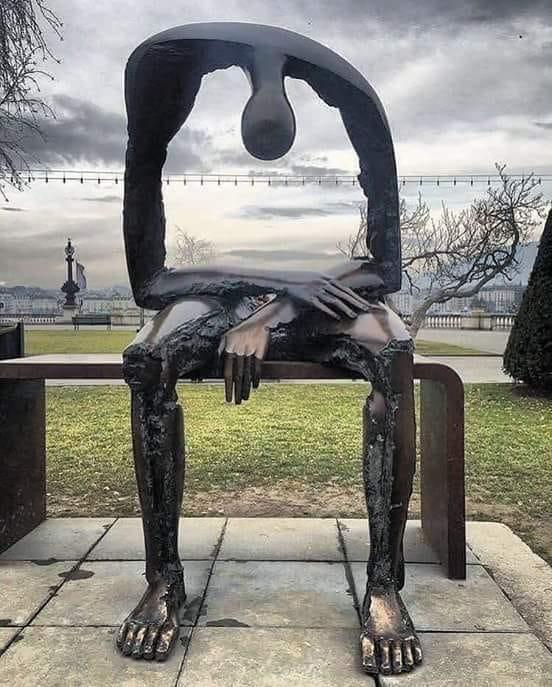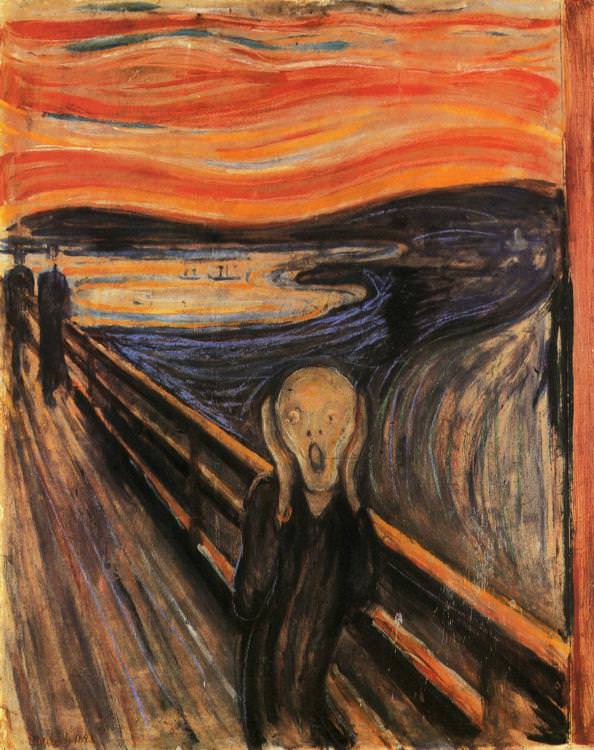
As this November 18th approaches, I find myself thinking: “It can’t possibly have been forty years ago that horror happened! It seems it happened only yesterday!” Conversely: “It seems so, so long ago. I’ve lived several metaphorical lifetimes since that horrible day. Was that really me?” You who read this may have your own, similar articulation of this dichotomy.
That isn’t all that contradicts itself in the reality of Peoples Temple. If you hated Jonestown and weren’t able to leave, it was a prison. If you believed in the vision of what could be accomplished – in spite of Jim Jones – it was an opportunity. Both viewpoints have equal validity. Both are equally relevant. Both are the experience of different survivors. Mutually exclusive. Confounding.
As the years have passed, I find more and more contradictions. I have no explanations that are sufficient unto myself, let alone ones that allow me to inform and help illuminate for others when they ask questions about my life in the Temple. I’ve learned so much that I did not know during those six years, and quite honestly, most of what I’ve learned is deeply disturbing and troubling. How did I not see the big picture more clearly? How did I not “cut bait and run” when events should have clearly dictated that choice?
Even more disconcerting were the discoveries that Jim Jones was deliberately orchestrating our perceived reality; e.g. having a Temple member shooting into Jonestown in September of ’77. It was during this time that some in the States were openly declaring their intention to hire mercenaries to extract their family members from Jonestown. The staged event had its intended effect. We were under siege. It never occurred to me that it was the leader himself who was orchestrating that “siege.”
Too, we learned after the tragedy that Peoples Temple had somewhere between 15 and 22 million dollars in banks around the world. Why were we living such a Spartan lifestyle in Jonestown when things could have been made easier – perhaps much easier – by simply spending more of that money on the community itself?
 Most troubling to me is this: Why did Jones adopt the only strategy that guaranteed a confrontation with the U.S. Government, namely, not allowing people to leave, a strategy that was completely wrong on every level, from the moral and ethical to the practical and tactical?
Most troubling to me is this: Why did Jones adopt the only strategy that guaranteed a confrontation with the U.S. Government, namely, not allowing people to leave, a strategy that was completely wrong on every level, from the moral and ethical to the practical and tactical?
These are just a few of the questions I still have, and there is no one to answer them. It is sometimes accurately referred to as “the Jonestown vortex”: for every question that is answered a new question arises.
Nonetheless – whatever my own process may be – it is forty years later. I write this essay knowing it will be finished in two installments: what I’m writing now in September of 2018, and what I’ll be writing after processing all of the multiple media offerings to be published and aired, and the gatherings that I will share with other survivors and friends.
I can honestly say that I’m feeling hopeful. I can also honestly say that I have a sense of dread of what might be. It is yet another contradiction. For the most part, the documentaries that have already aired and the magazine articles that have already been published this year have been a simple regurgitation of the narrow, facile, and sensationalistic interpretations that existed forty years ago. I am hopeful that those projects that have yet to air, or those books and articles yet to be published, will be successful in creating a new narrative that is not so marginalizing.
Perhaps by the time I finish this retrospective – after November 18, 2018 – I will have answers to many more of my questions. Perhaps I will have come to an epiphany of insight and knowing. Perhaps my sense of dread will prove to be nothing more – or less – than a reflection of the wounds and scars that are yet to heal.
One thing I’m certain of: I will learn.
(Jonestown survivor Tim Carter is a regular contributor to the jonestown report. His other article in this edition of the jonestown report is Mike Klingman: The Passing of a Friend. His previous stories may be found here.)